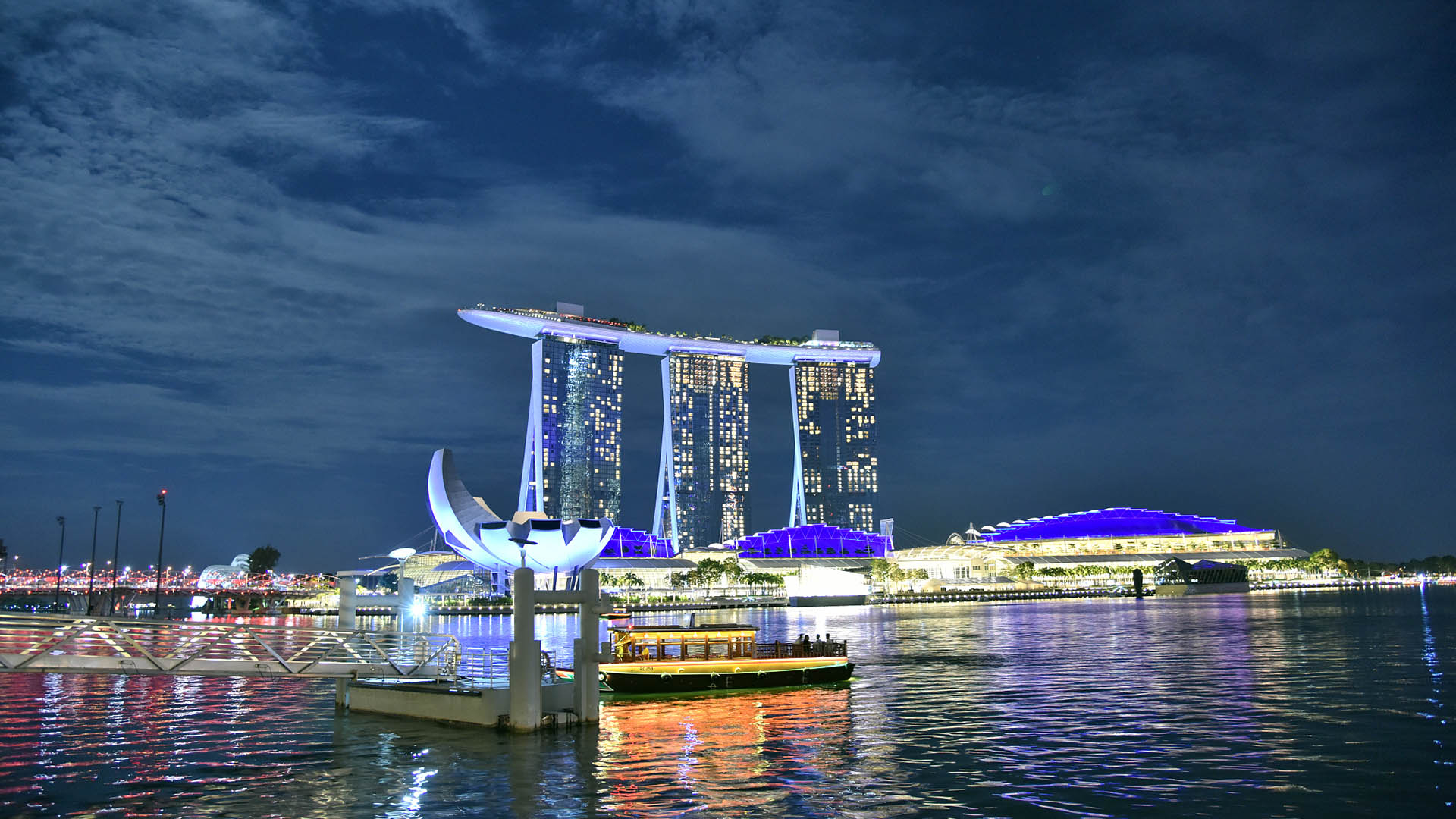
Culture
22:23, 08-Jul-2018
Asian Values: Singapore thrives on strategy of centrality
Updated
22:04, 11-Jul-2018
By Miro Lu
02:52

Cloistered between the United States and China, Singapore endeavors to remain as neutral as possible even as the two big powers are embroiled in an escalating trade war. The prime minister of the city-state of 5.6 million people has said categorically that the country will not pick sides.
"If you are able to work with (China) in a stable and gradually evolving relationship, which gives them the space to grow their influence in a benign way, then we are fine,” said Prime Minister Lee Hsien Loong.
"We remain friends with both. If you have a tense relationship, and one or both of the party say you’re either with me or against me, then we are in a difficult spot. And it could happen.”
This strategy of centrality is closely linked to the Asian value of non-confrontation and deference. And, as it turns out, the famous Chinese philosopher Confucius had highlighted the same principle. He called it the Doctrine of the Mean. Roughly translated, the credo talks about the art of finding the middle ground to maintain peace and harmony in any situation.
Singapore has transformed itself, in under 50 years, from a third-world backwater into the powerhouse economy it is today. It is a feat lauded by many in the international community. It now positions itself as the global financial and economic hub.
China is the country’s largest trading partner, while the United States works closely with the country in areas of defense. The country also plays hosts to multiple international summits, like the recent Kim-Trump meeting. All these are possible through Singapore’s strategic and balanced foreign policy. Engaging international players was baked into the Lion City’s DNA, according to Lye Liang Fook, a senior fellow at the Institute of Southeast Asian Studies (ISEAS) Yusof Ishak Institute.
"Singapore has always been an outward-oriented country since independence in 1965. Given its small size, as well as a small domestic market, for its long-term economic prosperity and political survival, it has always had an outward orientation,” said Lye.
During times of friction, Singapore will urge countries involved to solve matters diplomatically at the negotiating table, the senior fellow said. “This is important because having access to markets, free flow of investments and human capital, is critical for Singapore’s survival,” he said.
On the rising trade tensions between the US and China, Singapore’s Ministry of Trade and Industry (MTI) has said that the country has been minimally impacted. Experts have warned that exports might see a drop in the later half of the year.
“We hope that countries will exercise restraint and avoid further escalation of tensions,” said the MTI spokesperson in response to a Singapore broadsheet.

SITEMAP
Copyright © 2018 CGTN. Beijing ICP prepared NO.16065310-3
Copyright © 2018 CGTN. Beijing ICP prepared NO.16065310-3